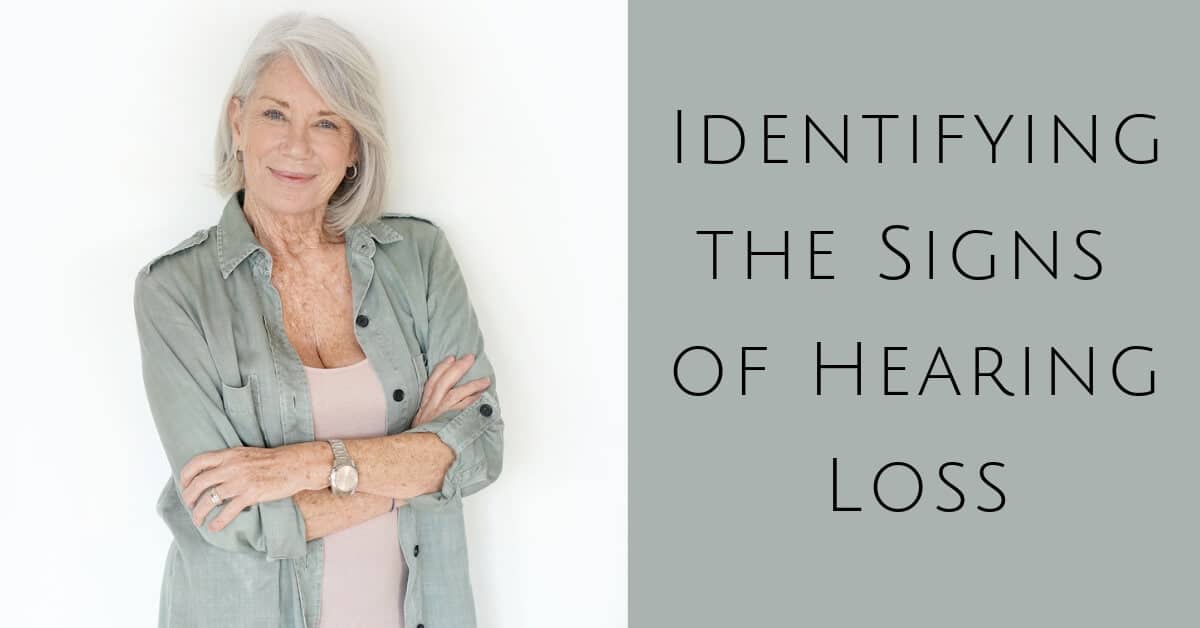
If we were to tell you that close to 50 million people in the U.S. face hearing loss, would you believe us? According to the Center for Hearing and Communication, the number of those facing hearing loss in the United States is in fact 48 million. Hearing loss is so prevalent that the number of people experiencing it is more than those with Parkinson’s, epilepsy, Alzheimer’s, and diabetes combined. Although hearing loss can affect anyone, those from childbirth to late adulthood, it is most common among those 65 years old and up. Nearly 25% of people between the ages of 65-74 face hearing loss. That number jumps up 50% for those above 75 years old.
Noise is the leading cause of hearing loss, and more than 30 million Americans are exposed to dangerous noise levels every day. Perhaps the most surprising fact though is people with hearing loss wait an average of seven years before seeking professional help. This is quite worrisome as studies have shown that untreated hearing loss is linked to social isolation, increased falls, depression, and even dementia.
The first step to improving our hearing health is to actually be cognizant that we are impacted by it. Hearing loss is often considered invisible due to the difficulty in identifying it, so gaining the knowledge to be able to recognize hearing loss will pave the way for you to improving your hearing health.
Common Symptoms of Hearing Loss
Hearing loss manifests in various ways. Symptoms can range from the occasional challenge of hearing words to the inability to communicate with loved ones altogether. All of this is dependent on the severity of hearing loss that one faces. While there are various types of hearing loss and a magnitude of different causes, there are common symptoms among them.
The following list shows common symptoms of hearing loss that people may be facing:
- Frequently asking people to repeat themselves
- Difficulty following group conversations
- Feel that other people are mumbling
- Often turning up the volume on the TV, car radio, or personal audio device
- Trouble holding a conversation over the phone
- Trouble understanding speech especially in noisy environments
- Avoiding social gatherings
- Tinnitus, or ringing in the ears
These are common indicators of actions that people with hearing loss often take when faced with it. The following list of questions helps identify if you may in fact be faced with hearing decline.
- Are you embarrassed to openly speak about not being able to hear clearly?
- Are you avoiding certain activities that you used to like because you are unable to fully engage in the conversations?
- Are you fearful to share your loss of hearing to your employer because you feel it jeopardizes your job?
- Are you pretending that you can hear the conversation fully with friends in noisy environments?
- Do you feel alienated from your children because you can’t hear high-pitched voices?
- Are family reunions a challenge because so many people are simultaneously talking?
If you answered yes to any of these questions, you may be facing hearing loss, which could ultimately lead to social isolation, anxiety, lowered self-esteem, and even depression.
Coming to Terms with Hearing Loss and Diagnosing It
Studies have shown that on average it takes someone with untreated hearing loss seven years to seek professional attention. Often, one’s family or friends are most likely to first recognize hearing loss long before the person does. The increasing hardships in hearing could lead to conflict with family member and close friends as those groups will most likely insist on getting help even when the person with hearing loss fails to face that reality.
It is a different situation if hearing loss is a reality for children. Parents, teachers, or caretakers need to be on the lookout for signs of hearing loss. Oftentimes, hearing loss impacts speech and language development among youth, and this should be a sign to reach out to a professional for diagnosis.
Hearing loss is treatable, and leaving it untreated leads to many other health risks such as physical falls, depression and even dementia. To avoid this, is it important to recognize the warning signs and come to terms with hearing loss. The bottom line is, if you think you or a loved with is having any type of difficultly hearing, seek out a hearing health professional to get your hearing checked.
Contact Ascent Audiology & Hearing Today
At Ascent Audiology & Hearing, our hearing health professionals can provide you with a comprehensive hearing test to help you understand your hearing abilities. If a hearing loss is detected, we’ll work with you to find the best solution for your needs. Contact us today to schedule an appointment.
